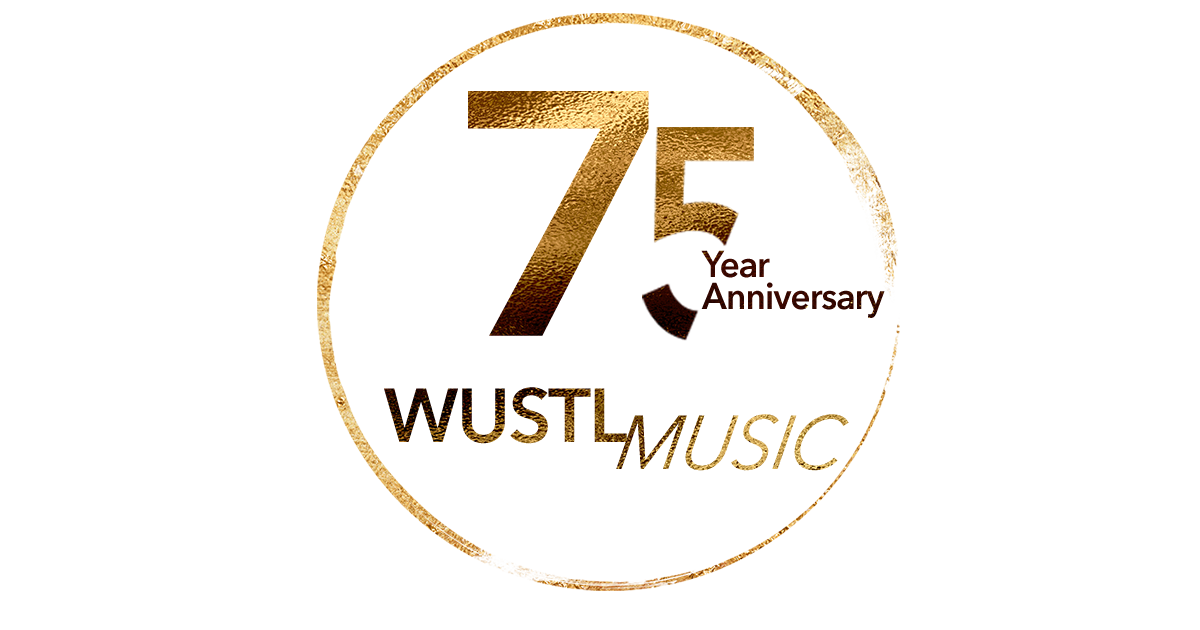Department of Music Lecture: "Singing the Black Pacific: Afro-Indigenous Connections and the Study of Global Music History"
This alumni feature is in celebration of WUSTL MUSIC’s 75th Anniversary.
Over the course of the “long” 20th century—beginning with a multi-year residency by the Fisk Jubilee Singers in Australia and New Zealand in the 1890s and continuing to today—Black music from the U.S. and the West Indies has been a crucial resource for Indigenous artists and activists in the Southwestern Pacific. This presentation traces the outlines of this music’s role as an expressive vehicle for aesthetic and ethical concerns. I consider how this music has entwined Afrodiasporic and Indigenous people, developing community, providing the pleasures of sonic repetition and difference, and articulating politics of liberation and sovereignty. Beyond describing my case study, this talk will focus on the methodological questions raised by the growing literature of global music history, and the recent critiques of the coloniality and ethnocentrism of the 20th century’s musicological disciplines: music history, ethnomusicology, and music theory.
Biography:
Gabriel Solis is Professor of Music, African American Studies, American Indian Studies, and Anthropology at the University of Illinois. He also currently serves as Head of the Department of Theatre. A scholar of ethnomusicology and music history, he is the author of books on jazz that look at the music’s role as a medium for cultural memory and history, the pleasures of repetition, and aesthetic ontology in an African American art form that prizes improvisation. As a co-editor editor he is responsible for a collection on musical improvisation (with Bruno Nettl) and a recent issue of the Journal of the Society for American Music (with Jessica Bisset-Perea) focused on Indigeneity and settler colonialism. He is currently working on a book titled Singing the Black Pacific. He has been fortunate to receive support from the NEH, AHRC, Mellon Foundation, Madden Fund, and the University of Illinois, without which his research would not have been possible. Likewise, he is grateful for the training he received at the University of Wisconsin (BA) and Washington University in St. Louis (PhD).
All attendees are required to complete the health screener within 4 hours of their arrival to campus and be prepared to show the "Cleared for Campus" result to the event staff upon entry. All attendees must wear a mask at all times while indoors.
Visitor Screening Tool
WUSTL student/faculty/staff Screening Tool
WUSTL Visitor Policy

